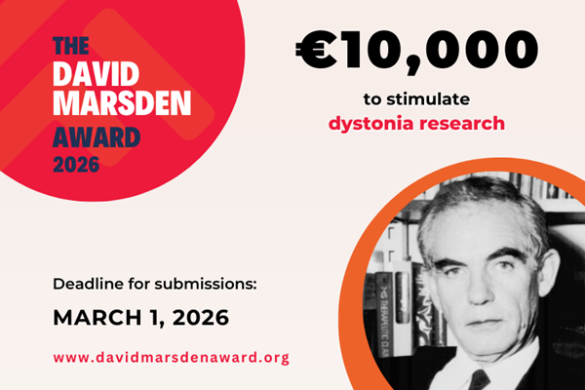by Viktoria Papp
This interesting session summarised the latest developments in targeted treatment for primary brain tumours and metastases, also illustrating how molecular diagnostics has contributed to this field. At present, precision medicine has become one of the most promising therapies for different brain tumours. All presenters emphasised potential treatment challenges such as crossing the blood-brain barrier, different biological significance of specific oncogenic mutations in differ tumour types, development of therapy resistance and heterogeneity of molecular targets over time.
Dr. Emilie Le Rhun gave a talk about the current knowledge and perspectives of targeted therapy for glioblastoma. First, she discussed how the molecular testing has influenced the classification of CNS tumours and glioblastoma. She also described the features of an ideal molecular target for therapy. Finally, she introduced the specific pathways involved in the development of glioblastoma that have been considered as therapy targets. Unfortunately, there is no approved targeted therapy available for glioblastoma, but novel candidates are under investigation.
Dr. Roberta Ruda spoke about the targeted therapy for rare brain tumours. She gave a list of promising signaling pathways and molecules that are already druggable targets (BRAF mutation, m-TOR pathway, VEGF, IDH mutation and NTRK fusions). She discussed the potential need for combination therapy due to tumour resistance. She also showed that symptomatic epilepsy due to brain tumours may improve with targeted therapy against tumour lesions.
Prof. Matthias Preusser discussed the novel treatments for brain metastases. Due to increasing incidence of asymptomatic brain metastases and the high risk of death from extracranial progression, systemic therapy is important. He discussed a special challenge caused by mutations that can be present in the metastasis but not in the primary tumour, and vice versa, resulting in mixed therapeutic effect and a need for biopsy from both the primary tumour and metastasis. Beside treatments targeting oncogenetic mutation, he also presented immunotherapies –f.x. immune checkpoint inhibitors – as promising treatment for brain metastasis of melanoma or lung cancer. He gave an overview of previous and ongoing studies on targeted treatment of brain metastasis.
The fourth presentation, given by Prof. Sabina Muller, discussed targeted therapy for paediatric patients. She discussed the promising results of NTRK inhibitors in glioma, BRAF alternations in paediatric gliomas, and MEK inhibitors in NF-1 plexiform neurofibroma. She highlighted an important aspect regarding paediatric patients, that long-term effects of these treatments, especially on the cognitive development of children, are not known.












